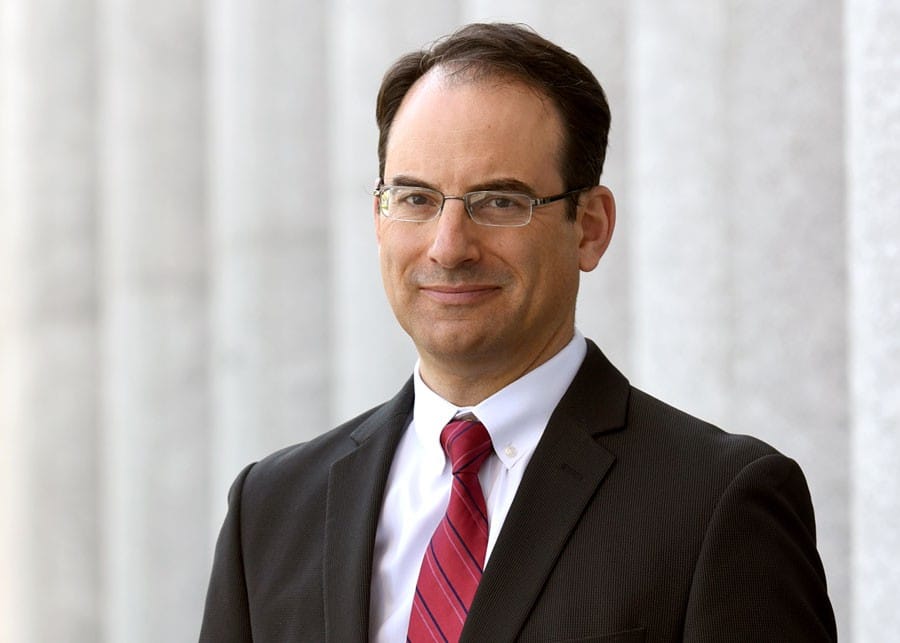With Robocall Complaints Down, Who Can STIR Up Action to Restore Public’s SHAKEN Trust?
September 11, 2020 – Given the way that robocalls “implicate a wide jurisdiction,” Federal Communications Commission Chairman Ajit Pai stressed the need for collaboration to end the crisis of unwanted calls and specifically lauded the so-called STIR/SHAKEN protocol for phone number verification. Iro
Liana Sowa

September 11, 2020 – Given the way that robocalls “implicate a wide jurisdiction,” Federal Communications Commission Chairman Ajit Pai stressed the need for collaboration to end the crisis of unwanted calls and specifically lauded the so-called STIR/SHAKEN protocol for phone number verification.
Ironically, during the last six months of the coronavirus pandemic, the nation has seen “a huge drop in consumer complaints” about robocalls, said Lois Greisman, head of the marketing practices division of the Federal Trade Commission’s Consumer Protection Bureau. Both were speaking during a Wednesday webinar hosted by US Telecom.
Greisman attributed this drop in customer complaints to the FTC’s efforts to block illegal robocallers by “increasing their costs and the barriers to entry.”
See “Telephony Industry Rises to the Challenge of Robocalls, With Legislation, Regulation and Enforcement Close Behind,” Broadband Breakfast, December 13, 2019.
But Pai also emphasized ensuring that automated “robocalls” that consumers actually want don’t get “thrown out with the bathwater.” Examples of such wanted robocalls include messages from schools and hospitals.
Pai and the others participating in the discussion agreed that collaboration between public- and private-sector actors was crucial. The cryptographic protocol STIR/SHAKEN, which stands for “Secure Telephony Identity Revisited/Signature-based Handling of Asserted information using toKENs,” is a key component of that effort.
Panelists agreed with Pai who said that the efforts to reduce illegal robocalls have “[proven] public private partnership isn’t an empty cliché.”
Some in the discussion stressed the work that has been left undone.
Phil Weiser, attorney general of Colorado, said that in the absence of federal enforcement, states have a responsibility to “pick up the slack” and engage in cooperative federalism. He was speaking particularly about the lack of federal enforcement on consumer privacy.
He said that public’s trust has been shaken by robocalls, and championed education programs informing consumers to avoid picking up the phone if they didn’t recognize the number.
Finally, Weiser said that the government and the private sector needed to amplify its efforts to identify the callers and implement STIR/SHAKEN technologies.
Chris Oatway, assistant general counsel at Verizon Communications Inc, identified three lines of defense against robocalls: First, opt-in or opt-out call blocking tools for consumers; second, implementing STIR/SHAKEN, which he called “crucial to restoring trust in caller ID”; and third, using traceback as a data tool.
Not all providers have implemented these steps, Oatway said. In fact, some have tried to ignore legislation Congress passed on robocalls in December.
Oatway said that lagging providers will soon find that a STIR/SHAKEN technical group is empowered “to start publishing lists of companies that don’t respond or try to put their head in the sand.”
Instead, Oatway said Verizon won’t do business with those who aren’t sufficiently vigilant about the source of their originating telephone traffic. This policy should receive federal backing and apply to other companies, urged Oatway.
Rebecca Murphy Thompson, head of communications policy at Twilio, questioned that perspective. Verizon’s approach should not get federal backing, she said. But the industry’s traceback group was crucial to restoring trust in telephone calls.
The Justice Department will be prosecuting individuals involved on all sides of the unwanted robocall industry, said Ann Entwistle of the department.








Member discussion